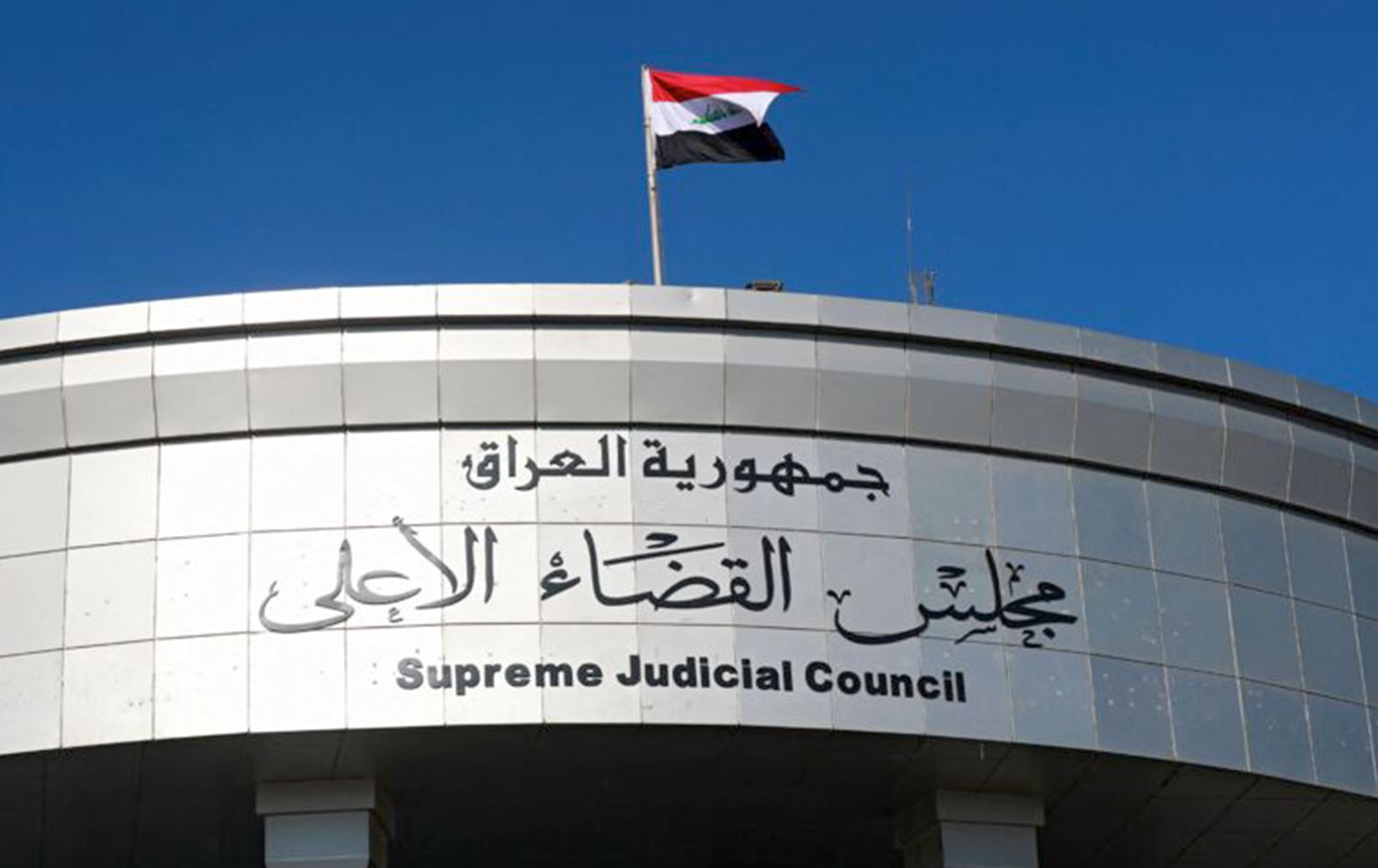On August 1, 2024, Iraq’s Supreme Judicial Council, led by Judge Hassan Foad and members Jalil Adnan Khalaf and Ramadan Hassan Obaid, issued a landmark decision to dissolve three Kurdish political parties: the Yazidi Freedom and Democracy Party, the Democratic Nidhal Combat Party, and the Party of Kurdistan Society Freedom (Tavgari Azadi). This decision follows a formal request from the Political Parties and Organizations Affairs Office at the Independent High Electoral Commission (IHEC).
The dissolution request was grounded in allegations that these parties maintained organizational and financial links with the Kurdistan Workers’ Party (PKK), a group designated as a threat to Iraqi national security. The complaint, referenced under letter (1650) dated July 20, 2024, was initially lodged by the National Security Advisory. It claimed that these parties’ connections with the PKK posed a substantial risk to the stability and security of Iraq.
The ruling is based on Article 46, Clause Three, of the Political Parties Law No. 36 of 2015, which permits the dissolution of parties engaged with foreign entities. The judicial decision mandates the closure of the parties’ headquarters, the confiscation of their assets, and the freezing of their finances pending the resolution of legal appeals.
Reactions and Accusations from Dissolved Parties
In response to the decision, the affected parties have vehemently rejected the accusations. Salam Abdulla Omar, Co-president of Tavgari Azadi, expressed strong opposition to the ruling, alleging political manipulation by external actors such as Turkey and the ruling Kurdistan Democratic Party (KDP). Omar in a statement to TNA argued that the judiciary’s decision reflects biased political pressure rather than an objective assessment of the parties’ activities.
Omar criticized the ruling as “a dangerous precedent for Iraq’s democratic process,” claiming that it undermines political pluralism and coexistence within Iraqi society. He emphasized that the parties were not given a fair opportunity to defend themselves in court and expressed skepticism about the legal basis of the decision. Furthermore, Omar pointed to the party’s ideological alignment with Abdullah Öcalan, the imprisoned PKK leader, but argued that such ideological alignments should not necessarily lead to legal dissolution without concrete evidence of unlawful activities.
Implications and Regional Dynamics
The dissolution of these Kurdish parties reflects broader regional and national security dynamics. The PKK has long maintained a presence in northern Iraq’s Kurdish region, and recent months have seen an increase in Turkish military operations against PKK targets in both Iraq and Syria. Turkey’s intensified military actions and its ongoing efforts to eradicate PKK bases have influenced Iraqi national security policies and, by extension, legal decisions regarding Kurdish political entities.
This ruling not only highlights the complex interplay between national security concerns and regional political dynamics but also raises critical questions about democratic freedoms and political pluralism in Iraq. The involvement of external actors like Turkey in influencing Iraqi domestic policies adds another layer of complexity to the situation. The decision underscores the tension between maintaining national security and upholding democratic values in a region fraught with geopolitical conflicts.
As the affected parties prepare to appeal the ruling, the outcome will be pivotal in shaping the future landscape of political pluralism in Iraq. The judiciary’s decision will be closely scrutinized by local and international observers, with implications for both the Kurdish political movement and the broader stability of Iraq’s democratic institutions.
The dissolution of these parties is likely to have significant repercussions for the Kurdish political landscape and its interaction with Iraq’s central government. As legal appeals progress, the interplay between political dynamics and judicial processes will be critical in determining the future of political freedoms and regional stability in Iraq.


